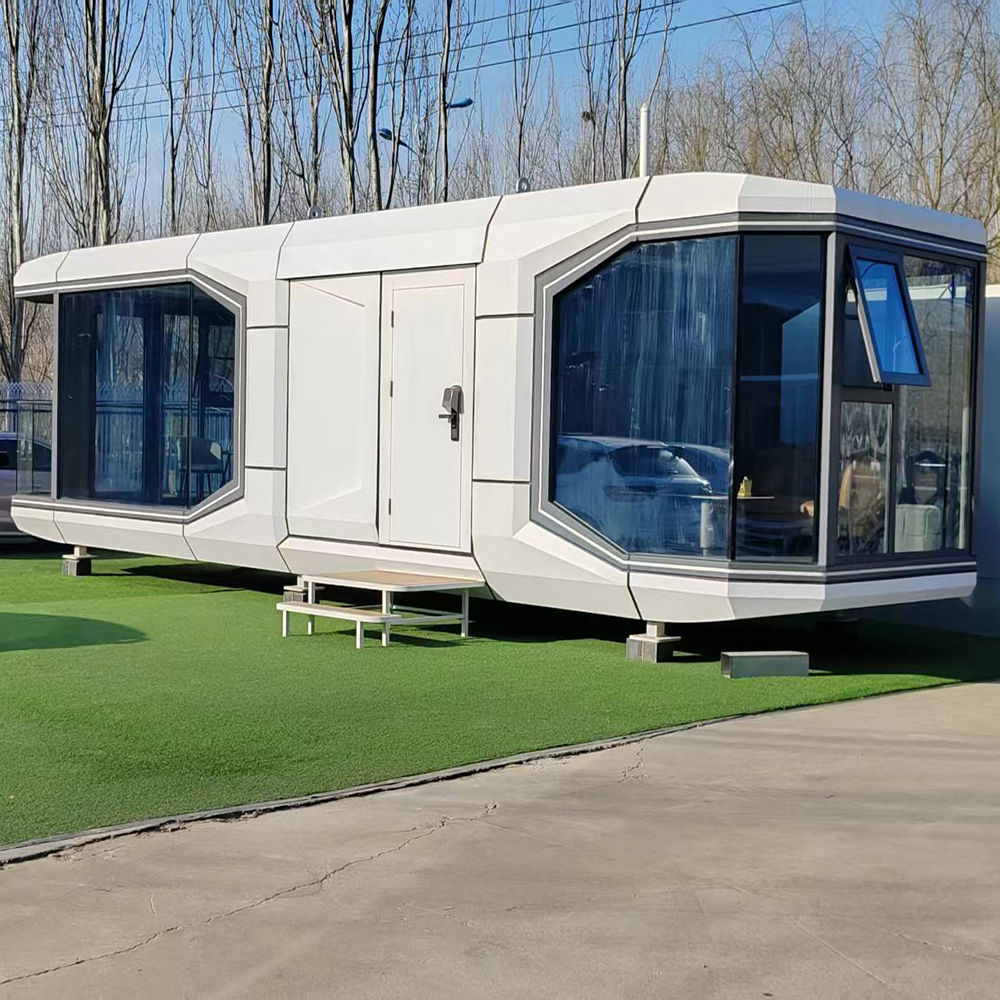-
E-mail
Austin120521@outlook.com -
E-mail
sales@jujiuhouse.com -
Telephone
+86-17864099991 -
Telephone
+86-17854044442
- Chinese
- French
- German
- Portuguese
- Spanish
- Russian
- Japanese
- Korean
- Arabic
- Irish
- Greek
- Turkish
- Italian
- Danish
- Romanian
- Indonesian
- Czech
- Afrikaans
- Swedish
- Polish
- Basque
- Catalan
- Esperanto
- Hindi
- Lao
- Albanian
- Amharic
- Armenian
- Azerbaijani
- Belarusian
- Bengali
- Bosnian
- Bulgarian
- Cebuano
- Chichewa
- Corsican
- Croatian
- Dutch
- Estonian
- Filipino
- Finnish
- Frisian
- Galician
- Georgian
- Gujarati
- Haitian
- Hausa
- Hawaiian
- Hebrew
- Hmong
- Hungarian
- Icelandic
- Igbo
- Javanese
- Kannada
- Kazakh
- Khmer
- Kurdish
- Kyrgyz
- Latin
- Latvian
- Lithuanian
- Luxembou..
- Macedonian
- Malagasy
- Malay
- Malayalam
- Maltese
- Maori
- Marathi
- Mongolian
- Burmese
- Nepali
- Norwegian
- Pashto
- Persian
- Punjabi
- Serbian
- Sesotho
- Sinhala
- Slovak
- Slovenian
- Somali
- Samoan
- Scots Gaelic
- Shona
- Sindhi
- Sundanese
- Swahili
- Tajik
- Tamil
- Telugu
- Thai
- Ukrainian
- Urdu
- Uzbek
- Vietnamese
- Welsh
- Xhosa
- Yiddish
- Yoruba
- Zulu
- Kinyarwanda
- Tatar
- Oriya
- Turkmen
- Uyghur

How do prefab expandable houses enhance sustainability?
2025-09-01
In the conversation about sustainability, prefab expandable houses often emerge as a misunderstood concept. Many still associate them with temporary or low-quality constructions. However, those with experience in the industry know the potential of these houses to significantly contribute to sustainable development. This discussion draws from industry encounters and evaluations, particularly reflecting on the work of companies like Shandong Jujiu Integrated Housing Co., Ltd.

Understanding Prefab Expandable Houses
When we think about prefab expandable houses, the first impression might often be of cookie-cutter designs lacking personalization. Yet, the reality is quite different. These houses are crafted with precision, using advanced materials and designs to optimize energy efficiency and durability. Shandong Jujiu Integrated Housing Co., Ltd. has demonstrated that with the right approach, these homes can meet diverse needs while maintaining high standards of sustainability.
In the field, we’ve seen that the design process itself emphasizes minimal waste. Every aspect of the house can be planned and executed with resource conservation in mind. Unlike traditional construction, prefab units are manufactured in controlled environments, allowing for reduced material wastage and lower energy consumption during production, which directly contributes to a sustainable model.
Real-world applications also reveal that these structures are designed for adaptability. This means they’re not just locked into one design or function. For instance, it’s not uncommon to see a light steel villa transform into an office space with some modular changes, offering more functionality over time without necessitating new resource expenditure.
Efficiency in Construction and Installation
Time efficiency is another significant aspect. Prefab houses can drastically reduce the time consumed in construction. What usually takes months to build traditionally can take weeks or even days with prefab solutions. This rapid construction process translates to lower energy use on-site, less labor, and minimal environmental disturbance.
Companies like Jujiu excel in integrating research and development into their production processes. By constantly optimizing their designs, they ensure that each project maximizes both structural performance and environmental compliance. The speed doesn’t compromise quality; the focus is on enhancing life cycle impact rather than just rapid deployment.
Additionally, the logistics of getting these units to the location are far more streamlined compared to traditional methods. With fewer trips and lighter materials, transport-related emissions are significantly reduced. This holistic efficiency harmonizes with the broader sustainability goals of reducing the carbon footprint associated with construction.
Material Innovations and Environmental Impact
The role of materials is crucial in any construction, and prefab houses are no exception. The shift towards using recycled and lightweight steel materials marks a major innovation. These choices not only improve energy efficiency but also extend the durability and safety of homes.
Take, for instance, Jujiu’s approach. By embedding advanced materials that often involve composites or recycled elements, they ensure homes are not only sustainable but resilient against environmental stresses. The lightweight nature of these materials further aids in easier transportation and quicker setup on-site.
Environmental impact isn’t just reduced at the materials stage. These homes also emphasize energy efficiency over their lifespan, with options to integrate solar panels and high-efficiency HVAC systems, which are becoming easier to incorporate thanks to innovations in housing technology.

Community and Economic Benefits
Prefab expandable homes offer significant community benefits, often overlooked when just focusing on environmental impacts. They represent affordability without sacrificing quality, thus democratizing sustainable living. In emerging markets or post-disaster areas, these homes can be lifesavers.
Moreover, they create a ripple effect that bolsters local economies. Engaging with local labor for installation and maintenance injects prosperity into the community. The sustainability of these projects doesn’t just stop at the environment but extends economically and socially.
Jujiu’s projects frequently highlight how these homes can revitalise areas, offering an attractive, sustainable solution when traditional housing might be inaccessible or impractical. It’s insightful to see how sustainability encompasses both immediate environmental factors and broader socioeconomic elements.
Conclusion: A Sustainable Future
Ultimately, prefab expandable houses are more than just a trend; they are a cornerstone of sustainable living. Engaging with them requires a nuanced perspective, one that appreciates the intricate balance of efficiency, durability, and versatility.
Companies like Shandong Jujiu Integrated Housing Co., Ltd. provide valuable insights into this evolving field. Their continued innovation and commitment demonstrate how prefab houses can be both an immediate solution to housing needs and a proactive step towards long-term environmental sustainability. As we continue to embrace these structures, it’s crucial to remember that their true potential lies in their ability to adapt, evolve, and integrate into sustainable practices for a better future.










